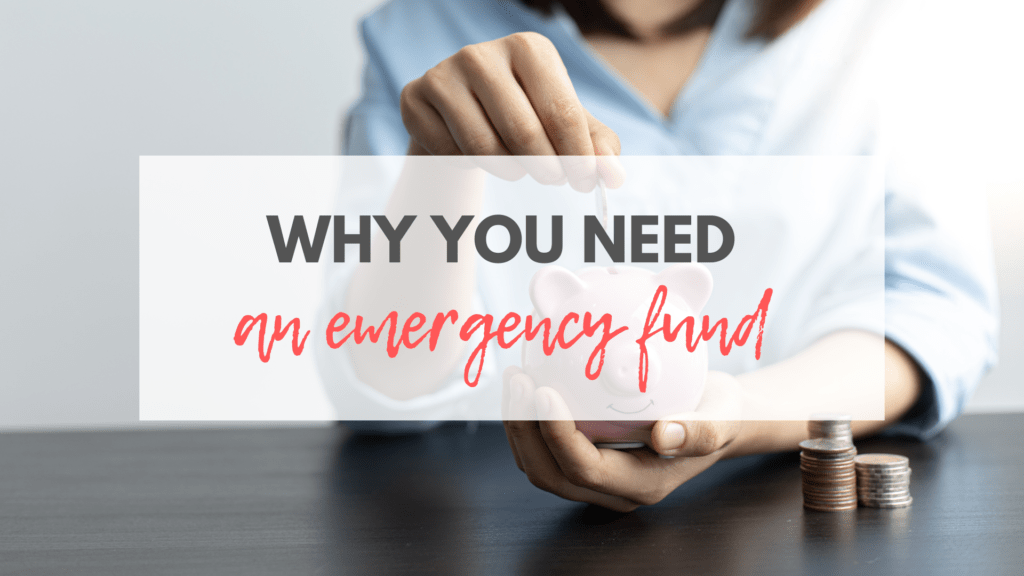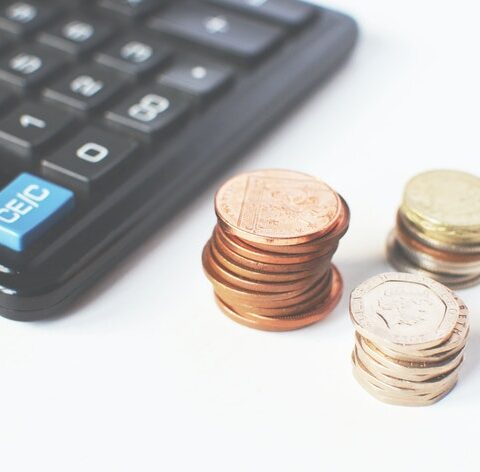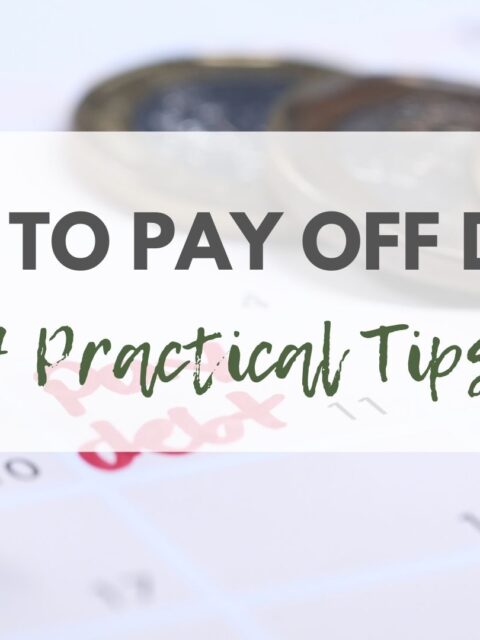
Yes, you need an emergency fund! No, your credit card isn’t and shouldn’t be your emergency fund!! Emergency funds in its name are to help you feel prepared for unexpected or unforeseen circumstances, which most time are out of your control.
The general recommendation is to keep 3 – 6 months’ worth of expenses away in a savings account. This isn’t the regular savings that you can dip into anytime you want. Its main purpose is for EMERGENCIES only! Only you can decide your threshold and how comfortable you are with how much you should save in your emergency fund. Some people go as far as 1-year savings. It’s really up to you.
Related Content:
- The Best 13 Financial Tips for College Graduates
- The 5 Best Free Budgeting Apps to Download Now
- How To Properly Manage Your Money
What is an emergency fund?
An Emergency Fund (EF) is money set aside for financial surprises.
Financial surprises such as :
- Job loss
- Unforeseen medical expenses
- Car repairs
Why do you need one?
Do I need to explain this one? When you have money put aside for rainy days, you’ll feel much better at peace. You don’t have to worry about how to pay unexpected expenses. This is what’s called good financial planning! Here are more reasons:
- Keeps stress level down
- Avoids getting into more debt
- Helps reduce high spending
Related Content:
- How To Properly Manage Your Money
- How To Pay Off Debt In 2022: 7 Practical Tips
- 10 Things You Need To Do Before You Start Investing
How much should you save?
It depends on your financial situation, but it is recommended to save at least 3-6 months’ worth of expenses.
For example:
If your monthly expenses are $1,500 and you choose to save up to 3 months’ worth of expenses. Then, you need to save a total of $4,500.
Where should you put your EF?
Make sure to keep it separate from your daily bank account to avoid dipping into it regularly. A better place to save your emergency fund is in a high-yield savings account.
A high-yield savings account has a higher interest rate, which boosts your savings versus a regular savings account and it is easily accessible. Make sure to read the bank’s rules for deposits, withdrawal limits, and minimum balance required.
Related Content:
- The Best 13 Financial Tips for College Graduates
- The 5 Best Free Budgeting Apps to Download Now
- How To Properly Manage Your Money



